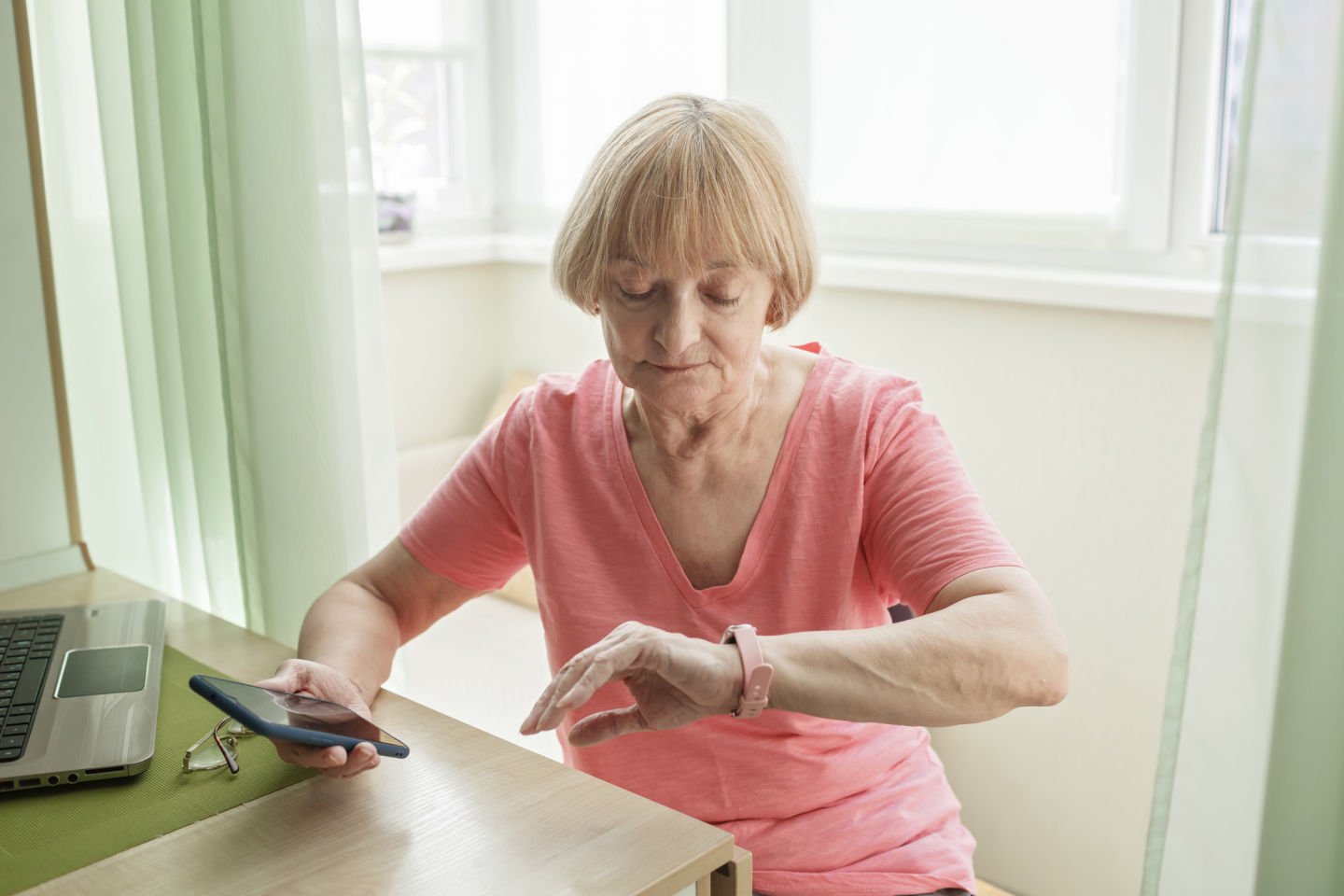Technology is not making us smarter
Why are people always glued to their phones and doing things without thinking? An Australian scientist may have the answer.

The controversial premise of this story is that technology is addictive like a drug, and it makes us collectively and individually less smart.
When we constantly reach for a phone, we distract ourselves with busy things on a screen. It gives us a quick hit of dopamine – a chemical released by our brain – which feels good but doesn’t feed our curiosity.
That’s according to Dr Fiona Kerr, founder of the Neurotech Institute in Adelaide, who also says, perhaps provocatively, that not only do humans love daydreaming, it’s our natural brain state.
“When we are abstracting, we are allowing the brain to collate all the bits of information stored in different places, to connect everything,” she recently told The Irish Times newspaper’s Inside Marketing podcast.
“But when we revert to the phone, we’re on task mode, pushing our brains down rabbit holes, stopping it from free forming and making neural connections needed to meaningfully store and process information.”
Kerr says gazing downwards at our screens constantly makes us less “human”.
“When we look up, we change the perspective. When we’re always looking down and always doing very short-term things, we’re never thinking about the bigger things in life – we stop ourselves reflecting on our thoughts and feelings,” Kerr says.
She believes people are now fixated on what she calls “short-termism”, even in areas of complex problem solving.
It gets worse for those who will assume future corporate, political, and community leadership. Studies show the great harm that social media has on teenagers and the physical impact of excessive screen time has on their bodies.
“We’ve had over 20 years of technology and screens, so there are some fantastic long-term studies highlighting the negative impacts of over-reliance on screen time and social media generally,” Dr Kerr said.
“In addition to increased isolation and feelings of depression and loneliness, now we have these people as adults [and] we see increases in things like cardiac disease, obesity, and damage to the general immune system.”
Dr Kerr says people work more creatively and are better problem-solvers when working with other people. We become collectively smarter, and we become smarter and more creative individually as a result. It’s called “intra-brain synchronisation”.
“This is why highly synchronous teams can be very creative or solve complex problems, often at speed, with lower stress and less need for communication as they are highly attuned to each other – quite literally like brain wi-fi,” she says.
Dr Kerr says we’ve lost the ability to read other people or to manage confronting or negative discussions face-to-face. So, we text or email, which further exacerbates the problem and we “become more socially stunted”.
There’s a science to this. When we share the same space with others we emit, absorb and synchronise thousands of chemical signals (chemosignals) which are critical to our communication, and affect our behaviour, psychological state, and cognitive activity.
When we’re alone and on our phones, this doesn’t happen. Without those chemical signals, we’re blind to other people’s emotions, and we lack empathy.
Technology enables remote learning and working from home, adding agility and flexibility to our routines, but Dr Kerr says work teams also need to spend time together in person for that chemosignal exchange to occur.
Dr Kerr says we’re suffering from “virtual fatigue”. Our brain never fully turns off because it is trying to pick up information it knows it should be receiving – and that can be very tiring.
She says our brains need time to think, to daydream, and to connect everything. In a world where everything is fast and we’re busy being busy, it helps to take time away from the problem we’re struggling with.
Related reading: Irish Times








